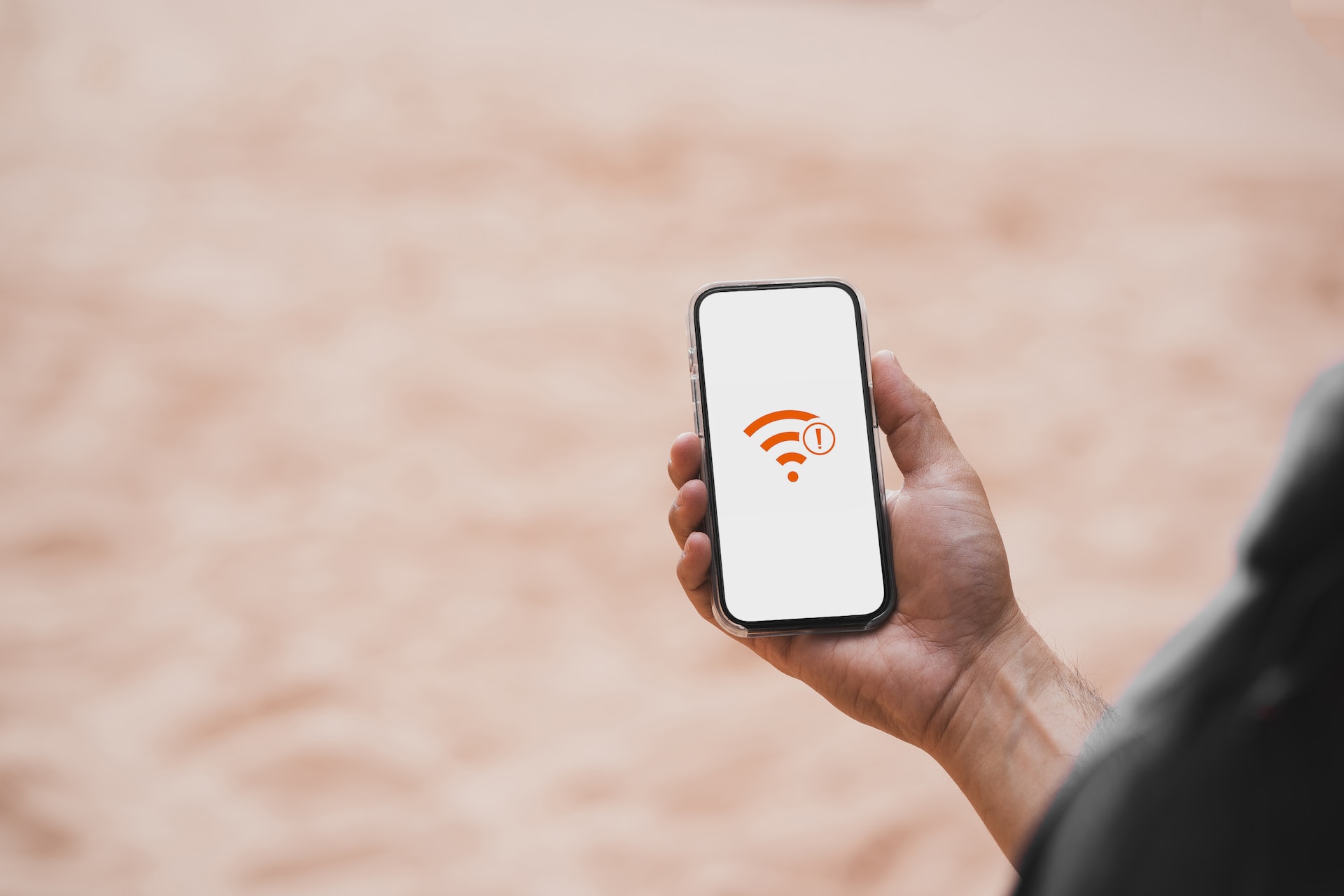
We are in a tech world where we work and play online, but this also comes with potential risks and threats. This is why protecting your personal information, privacy, and online safety has become more important than ever. Well, having the essential internet safety tips and best practices can help you stay safe on the web. Here are some tips to help you navigate the online world as you safeguard yourself against common cyber threats:
Create Strong and Unique Passwords
One of the most fundamental steps in online safety is creating strong and unique passwords for your accounts. Use a combination of uppercase and lowercase letters, numbers, and special characters. Avoid using easily guessable information, such as your name or birthdate. Furthermore, it is vital to use different passwords for each of your accounts to prevent a single breach from compromising multiple platforms. Consider using a password manager to securely store and generate unique passwords for you.
Educate Yourself on Online Scams and Threats
You should also strive to stay informed about common online scams and cybersecurity threats such as phishing emails. Remember, anyone can hire a hacker for mobile phone and other devices without physical access to the device. The hackers for hire can get fulll access to all the apps installed on any phone. They can also access voip call recordings or even listen to your phone calls and see video calls made through apps like FaceTime. They could even read your text messages.
In other words, you must stay vigilant as you surf the web to protect your security and privacy. Try to familiarize yourself with the characteristics of common threats to avoid falling victim.
Enable Two-Factor Authentication
Two-factor authentication (2FA) provides an additional layer of security for your online accounts. By enabling 2FA, you add an extra step to the login process, usually involving a verification code sent to your mobile device. This prevents unauthorized access even if your password is compromised. Enable 2FA whenever possible, especially for critical accounts like email, banking, and social media.
Be Cautious of Phishing Attempts
Phishing is a common method used by cybercriminals to trick individuals into revealing sensitive information. Be cautious of emails, messages, or pop-up windows asking for personal or financial details. Verify the authenticity of the sender before providing any information or clicking on links. Legitimate organizations will not ask for sensitive information through email. If in doubt, contact the organization directly through their official website or phone number.
Be Cautious with Personal Information
Protecting your personal information is also crucial in maintaining online safety. Be cautious about sharing sensitive details such as your full name, address, phone number, or financial information unless it’s necessary and trustworthy. Be mindful of what you post on social media platforms, as this information can be used by cybercriminals for phishing attempts or identity theft. Regularly review and adjust your privacy settings on social media platforms to control who can see your posts and personal information.
Use Secure Wi-Fi Networks
You should also exercise caution, when accessing the internet on public Wi-Fi networks. Public networks may be unsecured, making it easier for hackers to intercept your data. Avoid accessing sensitive information or making financial transactions on public networks. Instead, use a virtual private network (VPN) to encrypt your internet connection and ensure your data remains secure.
Be Mindful of Social Media Privacy
It is also good to review your social media privacy settings and consider the information you share. Limit the visibility of your personal information and posts to trusted connections. Be cautious about accepting friend requests from strangers. Avoid sharing sensitive details, such as your home address or vacation plans, publicly. Regularly review and update your privacy settings to align with your desired level of privacy.
Exercise Caution When Downloading and Clicking Links
Be wary of downloading files or clicking on links from unknown sources, as they may contain malware or lead to malicious websites. Only download software and files from trusted sources. Verify the credibility of websites and use caution when clicking on advertisements or links in emails. Hover over links to view their actual destination before clicking. Additionally, keep antivirus software installed and updated on your devices to detect and remove potential threats.
Keep Software and Devices Updated
Regularly updating your software, operating systems, and devices can also help in protecting your safety online. Well, updates often include patches and security fixes that address vulnerabilities that hackers may exploit. You can enable automatic updates whenever possible to ensure you stay protected against the latest threats.
Final remarks
The internet offers incredible opportunities for communication, information access, and entertainment, but it also poses risks such as identity theft, cyberbullying, and online scams. To protect yourself and your personal information, it’s essential to practice internet safety to ensure a safe and secure digital experience. You can enjoy a safer online experience and protect your digital identity by staying proactive and informed about online threats and the best practices you can use.



